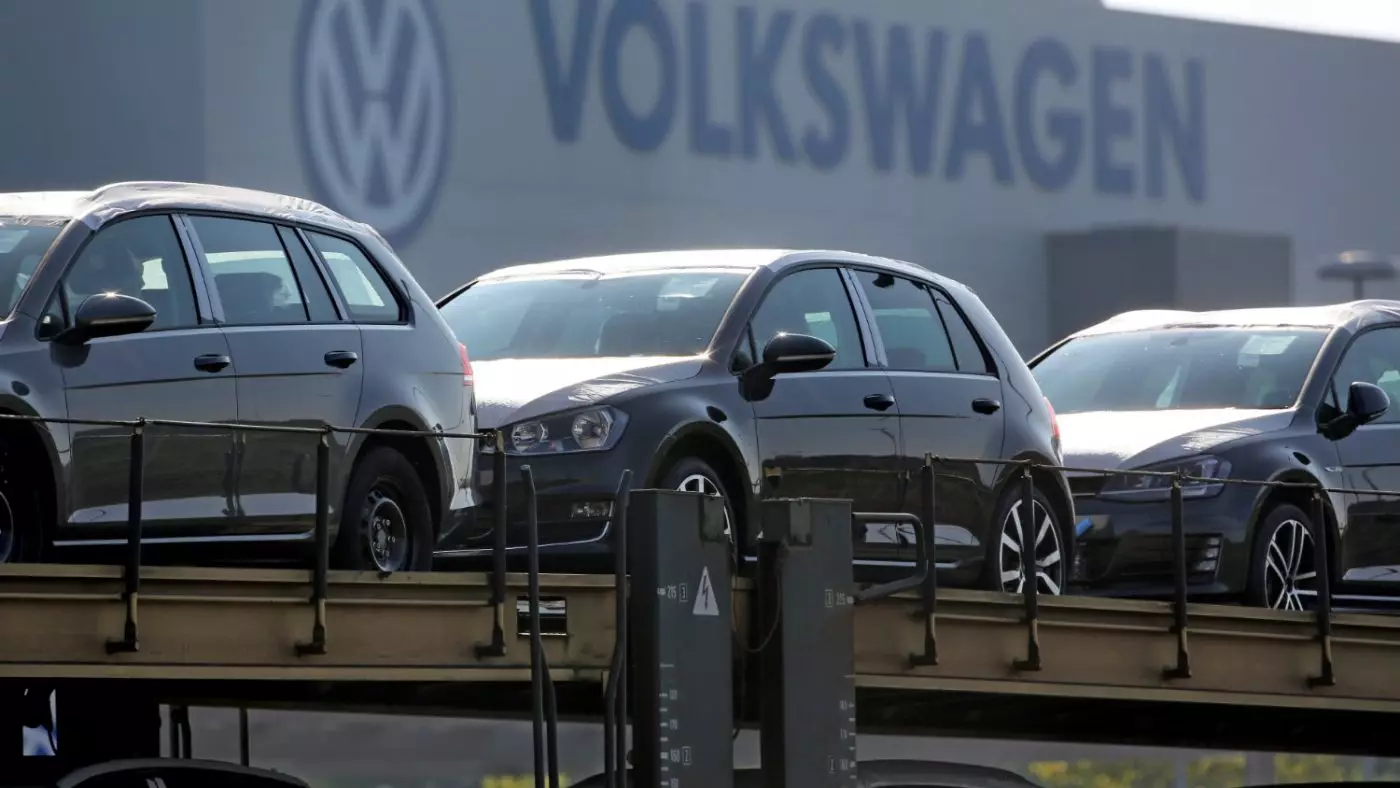The Dieselgate dates from September 2015. It was at that time that it was discovered that Volkswagen used software to fraudulently reduce carbon dioxide and nitrogen oxide (NOx) emissions. It is estimated that around the world 11 million vehicles were affected, of which eight million in Europe.
The repercussions of the Dieselgate case in Portugal forced the repair of all affected vehicles — 125 thousand vehicles belonging to the Volkswagen Group. The initial period decreed for repairing all affected vehicles was until the end of 2017, which has since been extended.

The Automobile Importing Society (SIVA), responsible in Portugal for the Volkswagen group, recently mentioned that among the three brands they represent (Volkswagen, Audi and Skoda) about 21.7 thousand cars are about to be repaired.
Now, the Institute for Mobility and Transport (IMT) warns that vehicles affected by Dieselgate and which have not been repaired, will be banned from circulating.
Vehicles for which there is already a technical solution approved by the KBA (German regulator) and which, being notified for the conformity restoration action, are not submitted to it, will be considered in an irregular situation
Forbidden how?
From May 2019 , automobiles that have not undergone the manufacturer's recall actions for repair, they are subject to failure in inspection centers, thus being unable to circulate.
We recall that despite the case having been made public in 2015, the affected vehicles refer to those equipped with the EA189 Diesel engine, available in 1.2, 1.6 and 2.0 cylinders, produced (and sold) from 2007 to 2015.
Thus, the same source also states that:
Vehicles will be prevented from traveling legally on public roads, being subject to the seizure of their identification documents, due to changes in their characteristics compared to the approved model and non-compliance with the regulations on polluting emissions
However, there is a small number of vehicles, corresponding to 10% of the total number of affected vehicles, which may be impossible to contact due to sales or export. On the other hand, imported vehicles can also “escape” from the control of the manufacturers, so if this is your case, you should check if your car is affected. You can do this on the Volkswagen, SEAT or Skoda website, depending on the brand of your car, and check it using the chassis number.
